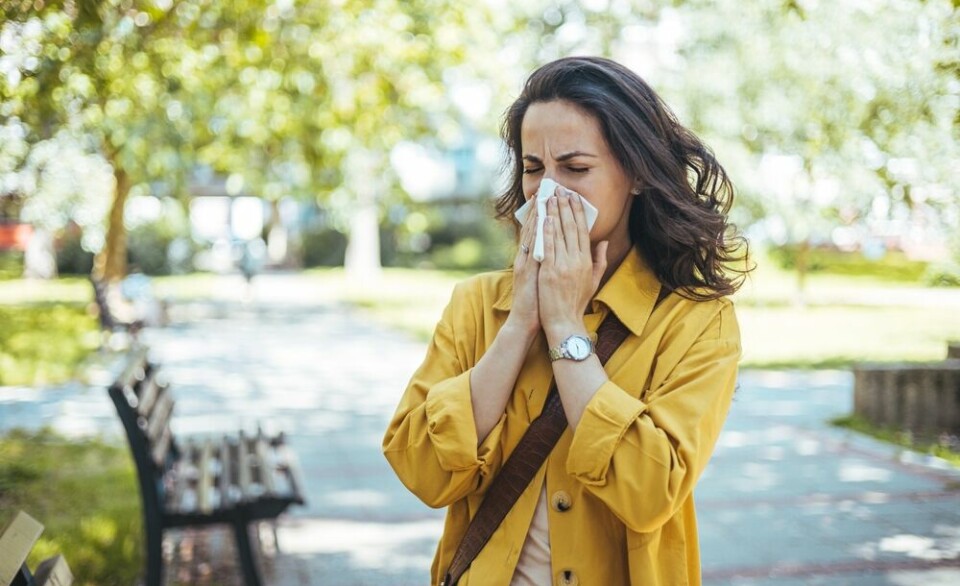-
Trump calls for Marine Le Pen to be freed (but she is not in prison)
US president said her embezzlement court case was a ‘witch hunt’
-
France’s €3 book delivery fee challenged in EU court by Amazon
Online retailer said measure is protectionist and ‘in breach of EU laws’
-
Allergies: How to know pollen levels in your commune of France
Interactive online maps can track and predict how pollen is changing in the air
Hikers: Leave baby owls on ground, says French bird league
Walkers may spot baby owls on the ground at this time of year but the behaviour is normal as they explore and they only need help if they are definitely injured or at-risk

If you spot a baby owl on the ground at this time of year there is no need to worry, a French bird protection group has said, as they are probably not hurt and this behaviour is normal.
Baby owls may be seen on the ground near trees at this time of year - from February to April - by walkers or hikers, who can worry that they are in distress.
But bird protection group the Ligue de protection des oiseaux (LPO) has asked walkers not to pick up the owls to take them to an animal rescue centre or vet, unless certain that they are injured or at risk.
This is because seeing baby owls on the ground right now “is a completely normal phenomenon”, Yohan Charbonnier, scientific manager at the LPO, told local news France Bleu.
He said: “When the chicks become a little bigger, they go off to explore and they might fall from their nest. When night falls, the parents and chicks will communicate through calls and sounds, and the parents will continue to come and feed them.”
The only thing that might be useful to the fallen owls is to put them in an open cardboard box and place them a little higher off the ground, if you are afraid that they might be at risk from attack from nearby cats or dogs.
Mr Charbonnier said that the only time to worry, and rescue a baby owl, is if you can see any injuries or “traces of blood”, or if the owl seems lethargic and apathetic, and doesn’t react to movement.
In this case, you can alert the local wild fauna centre by calling 06 28 01 39 48, or take them to the closest vet.
Related stories
Meet the creator of tiny ‘pocket art’ animals and birds
Huge owl kills dog in garden in south France village
Meet the French man who saved the peregrine falcon
























